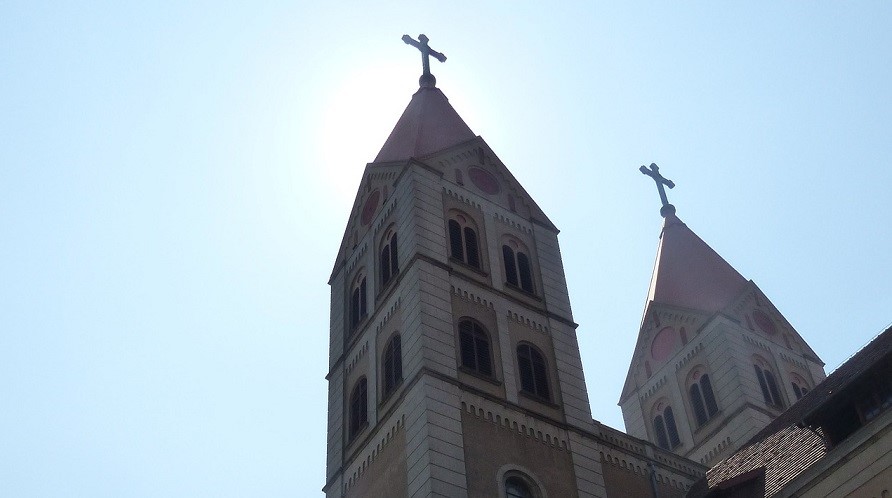 BEIJING – Chinese officials successfully closed and barred the doors of Beijing’s largest house church on July 8th, occupying it with ‘thugs’ to prevent members from entering. The closure is yet another in a growing list of moves by agents of the government to either gain oversight of or close Christian churches in China.
BEIJING – Chinese officials successfully closed and barred the doors of Beijing’s largest house church on July 8th, occupying it with ‘thugs’ to prevent members from entering. The closure is yet another in a growing list of moves by agents of the government to either gain oversight of or close Christian churches in China.
The 1,600-member Zion Church, pastored by Ezra Jin, was founded in 2007 and has, until this past year, not appeared to have been targeted for closure. It is believed that the barricading of Zion Church is meant to send a message to other so-called Chinese house churches.
“House church” is a phrase generally misunderstood outside of China. That being said, our perception is that they meet in small houses and have very small memberships. Unfortunately, that can cause us to have a diminished sense of the growing magnitude of the oppression those churches have been encountering.
Notice again that the Zion Church in Beijing has a membership of about 1,600 faithful congregants. That would require a very large house.
There are two types of Protestant churches in China. Three-Self churches are registered with the government. These churches are operated by nationals who manage them in the areas of evangelism, leadership, and funding. Although this idea was introduced with the good intentions of not westernizing Christian churches, the concept was adopted by Chairman Mao as the Three-Self Patriotic Movement. It wasn’t long until Three Self became a government department that imposes its authority over those registered churches.
A house church in China is simply an unregistered church, i.e., a church that wishes to remain independent of government control. However, that means that these churches are not allowed to own buildings or maintain bank accounts. It is estimated that there are more than 5,000 house churches with a membership of 50 or more. There is no available estimate on how many there are with fewer than 50 worshippers.
The closure of the Zion Church followed the church’s refusal to install government-operated surveillance cameras. The government responded by shutting off the church’s water and electricity, bringing pressure to bear on the landlord to not renew the church’s lease, closing the church’s WeChat account, and promising to offer better jobs, better education, and other financial benefits as incentives for members to leave the church. Some accepted the offers. Those who did also have been coerced into either a Three-Self church or convert to Buddhism or Taoism.
Those who did not have been under surveillance since.
From our outsider perspective, the issue is clearly one of religious freedom. Attempts to reopen the church on the basis of China’s de jure religious freedom have proven unsuccessful. The government tactic is to skirt the freedom of religion issue by making it a freedom of assembly issue in the name of national and provincial security.
Expect this to be a growing movement, not just in China, but all over the world, as national security becomes a bigger issue for governments to maintain control in the nebulous but dangerous war against terror. Freedoms are being limited in many countries, especially where the Christian population is growing as a result of persistent, faithful evangelism.
Sources:
- Christian Headlines, Yizhuang Campus of Beijing’s Largest House Church Forcibly Barricaded
- China Aid News, Beijing Zion Church Yizhuang Branch Locked Access Party
- The Christian Post, Communist-Hired Thugs Block Christians at Beijing’s Largest House Church, Call Their Faith a ‘Cult’
- Christianity Today, China, House Churches, and the Growth of the Kingdom
- World Magazine, The modern Chinese house church




